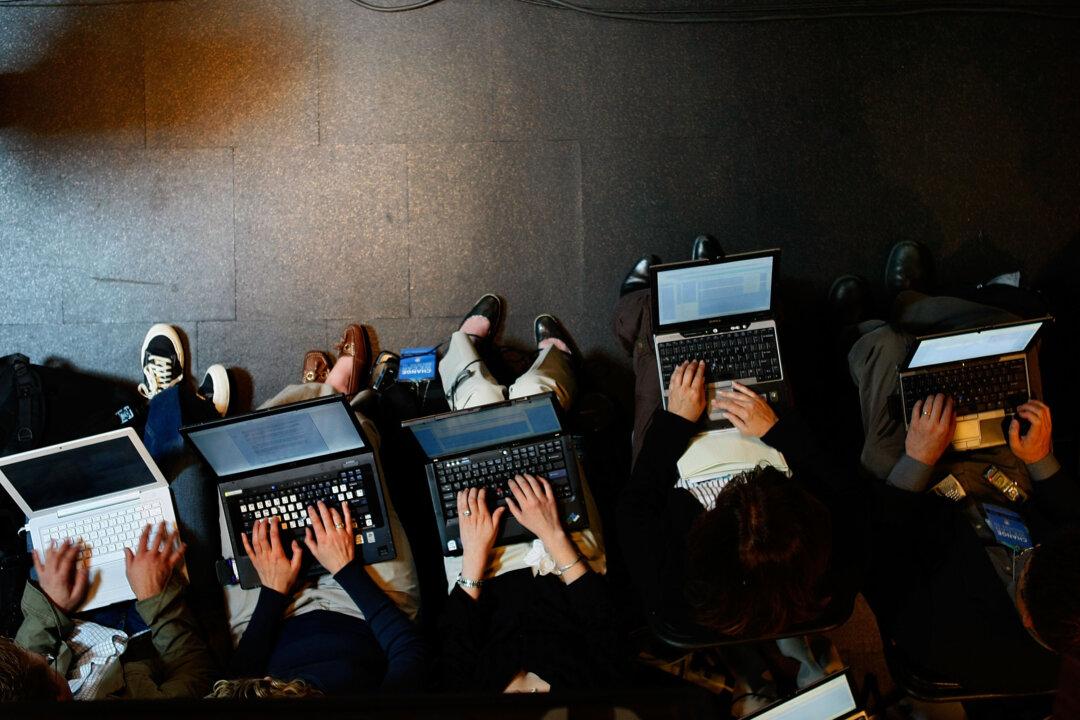The bright lights and work demands of modern life create a hidden sleep crisis that affects Americans in countless ways, experts say.
During the age of COVID-19, sleep issues have gotten worse.

The bright lights and work demands of modern life create a hidden sleep crisis that affects Americans in countless ways, experts say.